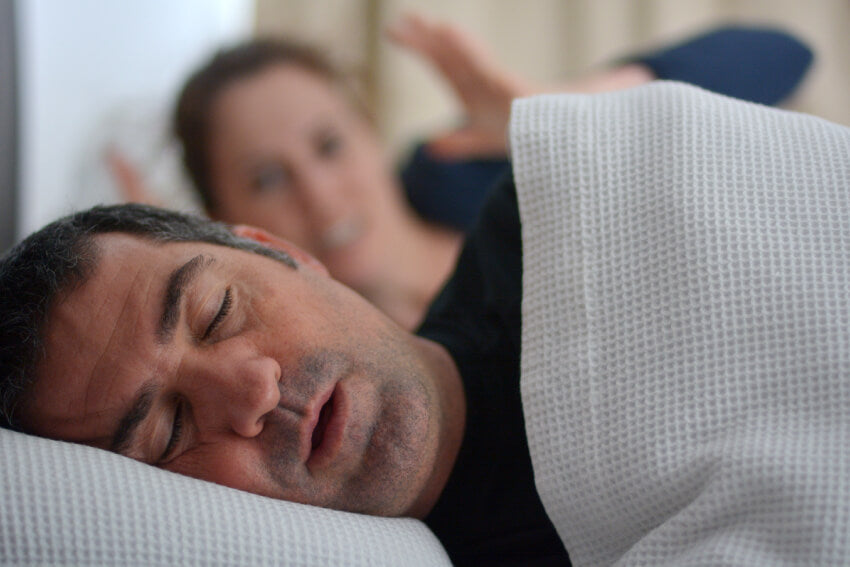Obesity and Sleep Deprivation: Sleep Less, Weigh More?

New Study Ties Sleep to Obesity
If you don’t sleep enough, you’re more likely to eat too much, increasing your risk for obesity. Researchers who presented a small study at a 2012 professional conference held by the American Heart Association (with the tongue-twisting title of the Epidemiology and Prevention/Nutrition, Physical Activity and Metabolism Scientific Sessions) found that sleep deprived individuals had increased levels of the hormones leptin and ghrelin, both of which are tied to appetite.
Sleep Deprivation May Lead to Overeating
The study, led by Virend Somers, MD, Ph.D. of the Mayo Clinic, studied 17 healthy young men and women for eight nights, with half the patients sleeping normally and the other half sleeping two-thirds of their normal time, according to an article on the study in Science Daily. During the day, the participants ate as much as they wanted.
The results?
• The test group with shortened sleep times (they slept one hour 20 minutes less than the control group every day) ate an average of 549 additional calories every day during the study.
• The test group had increased levels of leptin and decreased levels of ghrelin. The researchers posit that these changes are probably a consequence of overeating, not a cause.
• The test group and the control group (who got normal amounts of sleep) averaged the same amount of energy used during the day, so those who slept less weren’t burning the additional calories they consumed.
The researchers were careful to point out that though the study has profound implications, it’s a small test done on a small sample size in one hospital’s clinical research unit. They encouraged large studies of people in their own homes as a follow up to help confirm their findings.
One Way to Prevent Obesity?
Dr. Andrew D. Calvin, a cardiology fellow and assistant professor at the Mayo Clinic, told Science Daily that sleep deprivation is on the rise – 28 percent of adults are now reporting that they get six or less hours of sleep each night.
Sleep deprivation may be one cause of growing obesity in the US – one that’s preventable and easily reversed. Get seven or more hours of sleep each night, and you may be better equipped to keep your calorie intake under control during the day.
Do you eat more when you sleep less?
Author Bio: +Michelle Gordon is a sleep expert who researches and writes about sleep and health, and is an online publisher for the latex mattress specialist Latexmattress.org


